All photos courtesy of the University of Nairobi
Kenya’s First Lady launches Guide based on Mukuru’s locally led planning process at event celebrating Kenya’s leadership hosted by GCA and Wangari Maathai Institute
N
airobi, Kenya, 9 December 2022 – At an event supporting Kenya’s leadership on climate adaptation organized by the Global Center on Adaptation (GCA) and the Wangari Maathai Institute for Peace and Environmental Studies in Nairobi, Her Excellency Rachel Ruto, First Lady of Kenya, and Professor Patrick Verkooijen, CEO of the Global Center on Adaptation and Distinguished Chair of the Wangari Maathai Institute, today launched a practitioners guide on building climate resilience in urban informal settlements.
Locally Led Planning: A Guide for Building Climate Resilience in Urban Informal Settlements captures lessons and practices from the groundbreaking work implemented by the community and local government in Mukuru, Nairobi, to develop and implement a community-based program for upgrading the informal settlement.
Mukuru is one of Kenya’s largest informal settlements and the first in Africa to be declared a special planning area (SPA), with the Kenyan government hoping to replicate the community-based program undertaken in Mukuru in other informal settlements such as Kibera, Mathare, Korogocho and Kawangware.
Prepared under the Africa Adaptation Acceleration Program (AAAP) by GCA in cooperation with Akiba Mashinani Trust and other partners, the guide aims to ensure that communities and local governments on the frontlines of the climate emergency have the knowledge and tools to lead investment planning processes to build climate resilience in urban informal settlements in Africa and across the world.
His Excellency, Dr. William Samoei Ruto, President of Kenya, speaking to the people of Mukuru at Meteorological Land on 3rd October 2022, noted the importance of Mukuru’s story: “The story of Mukuru is a story that needs to be written because Mukuru is the only place you pay to go to the toilet. You pay 170% more for water than others are paying in Karen and Lavington. You pay more for electricity than in any part of Nairobi. And yet, these are the people who are at the bottom of the pyramid.”
Nearly 60% of urban residents, and one billion people around the world, live in informal settlements. Residents in these settlements are extremely vulnerable to multiple climate hazards like extreme rainfall, water- and vector-borne diseases, extreme heat, fires and water scarcity. During the heat wave in Nairobi in 2015, for instance, informal settlements were 3-5°C hotter than other parts of the city.
The work in Mukuru to improve water management, roads and sanitation shows how locally led action can unlock the enormous potential and creativity of communities to develop and implement solutions, while catalyzing adaptation that is more effective, equitable and better targeted at local needs.
Speaking at the launch event, Her Excellency Rachel Ruto, First Lady of Kenya said:
“The Kenyan Government has been forced to re-allocate funds budgeted for education, health and other priority services as a result of climate change. These trade-offs, the government is forced to make between indispensable public goods, are evidence that climate change is directly threatening our people’s lives, health and the socio-economic future of our beloved country. I want to applaud The Africa Adaptation Acceleration Program initiated by the African Development Bank and the Global Center on Adaptation that aims to mobilize 25 billion US dollars, over 5 years, to accelerate and scale climate adaptation action across the continent.”
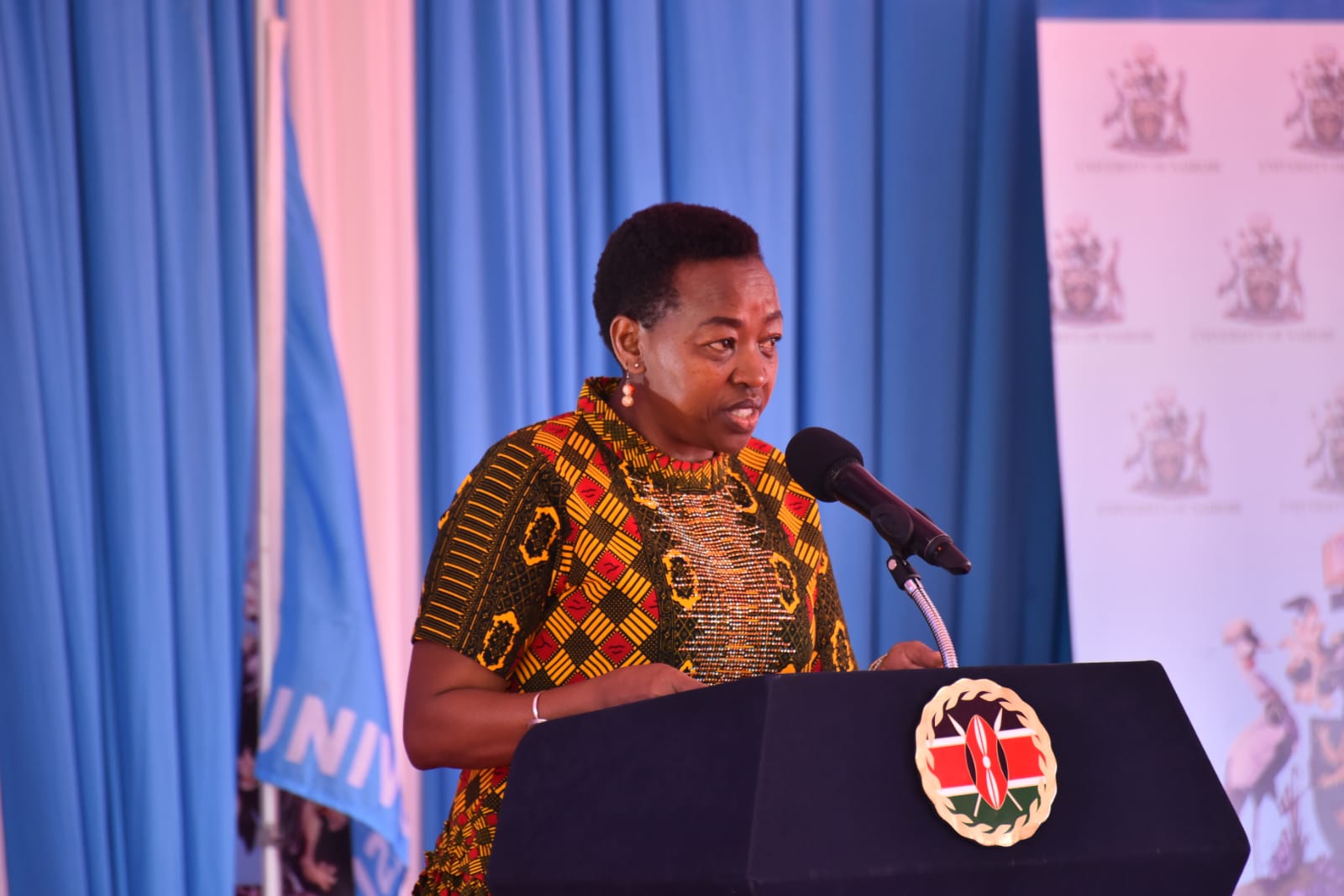
Her Excellency, Roselinda Soipan Tuya, Cabinet Secretary, Ministry of Environment and Forestry, Republic of Kenya said:
“Adaptation is crucial for us. Feasible solutions already exist but more financial support must to be channelled to reach the vulnerable communities and the climate adaptation policies have to move beyond planning into implementation… We welcome GCA to partner with us in preparations for the Africa Climate Summit that was called for by H.E. President Ruto to find investments for Climate in Africa.”
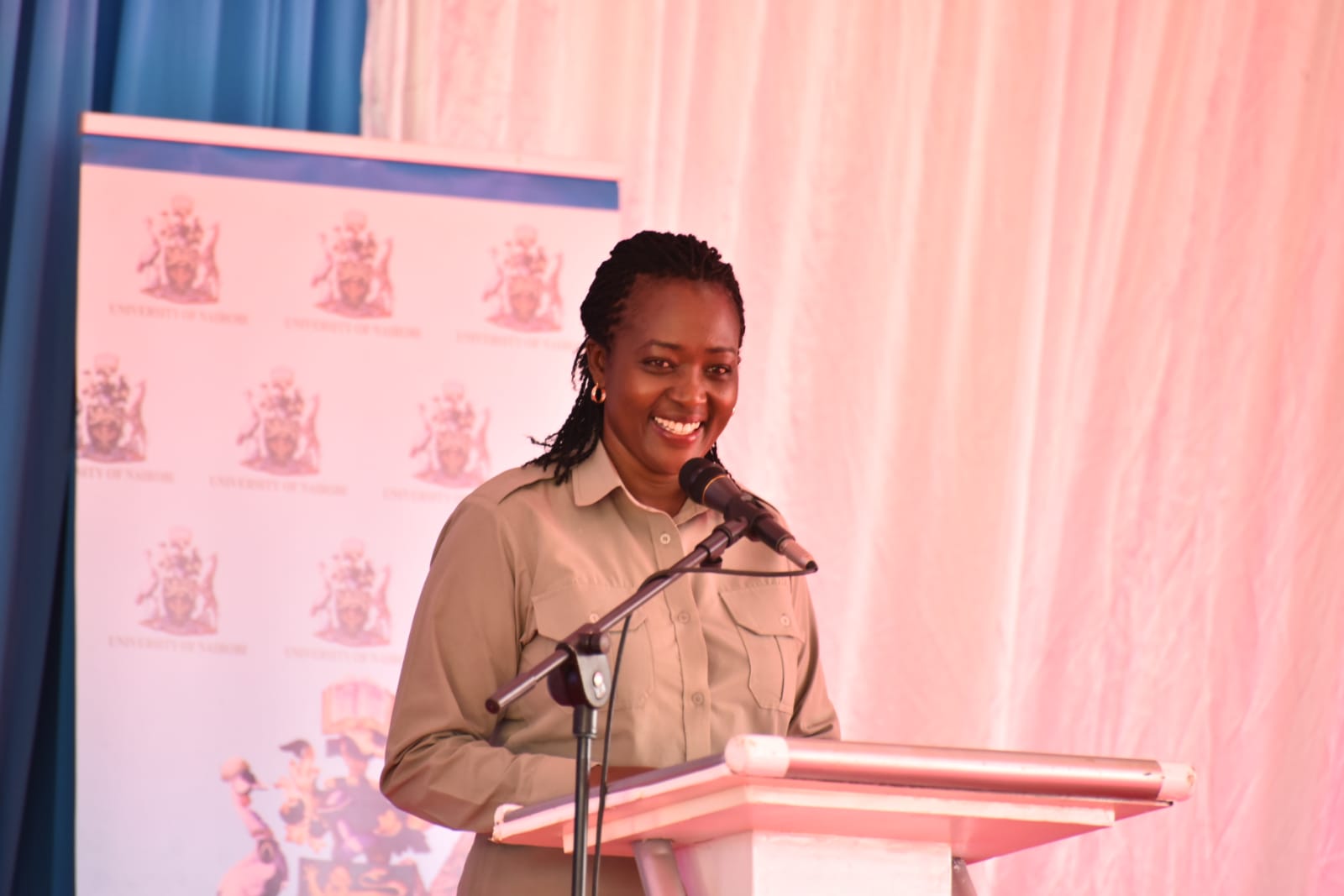
Professor Patrick Verkooijen, CEO of the Global Center on Adaptation and Distinguished Chair of Wangari Maathai Institute, said:
“The Mukuru plan is truly a breakthrough as a model for providing basic infrastructure and services as a critical safety net against climate impacts for the residents of informal settlements. Mukuru stands as a model to emulate. The Nairobi County government has worked collaboratively with its residents to provide solutions that could not be developed through the traditional urban master plan approach. The result has been one of those “lightbulb” moments where you realize the approach is so obvious and simple you wonder why nobody had tried it before.”
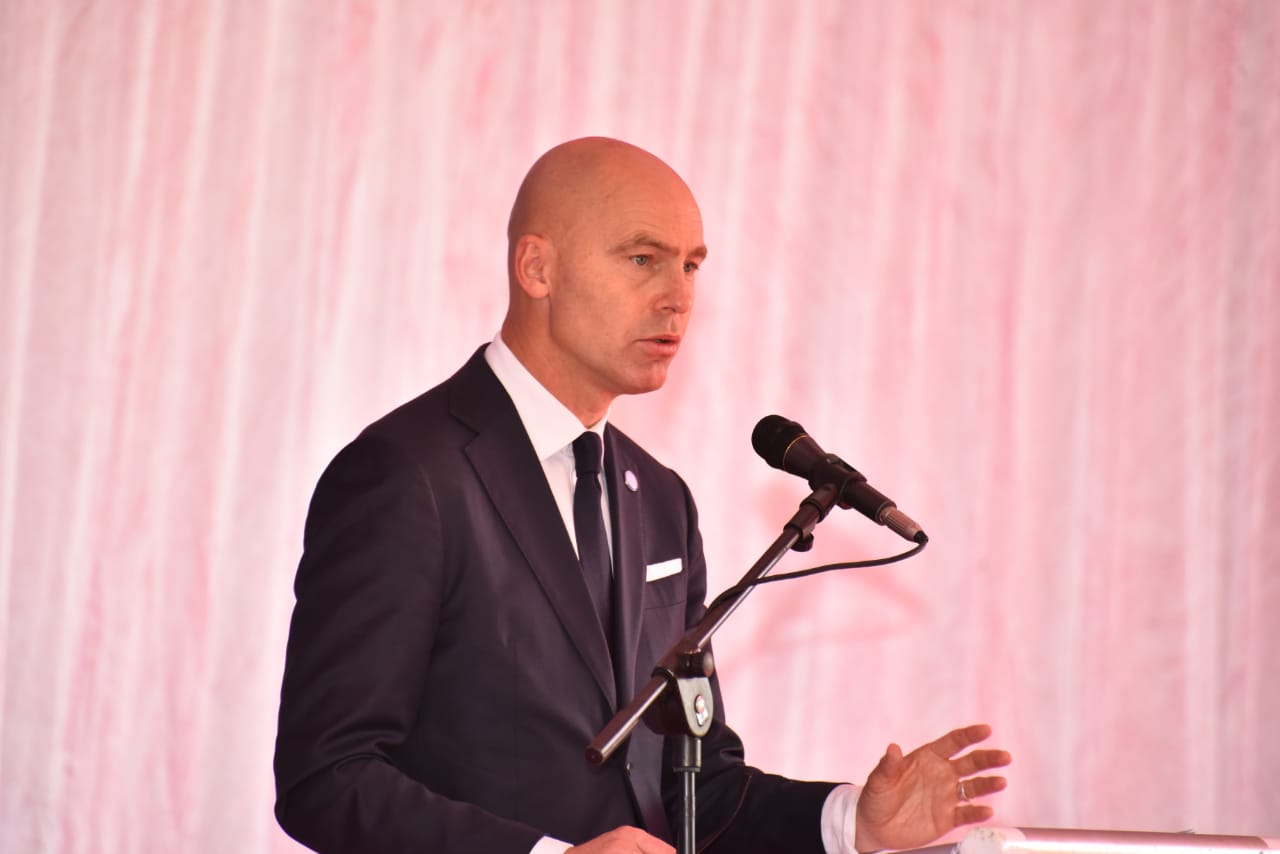
Three Kenyan winners of the African Youth Adaptation Solutions (YouthADAPT) Challenge, Eric Bosire of Irri-Hub Ke Limited Carolyne Mwangi of Kimplanter Seedlings and Nurseries and Maryanne Gichanga of Agritech Analytics were also recognised at the event as they showcased their innovative climate adaptation solutions and highlighted the value of the YouthADAPT Challenge, an annual competition, in positioning their enterprises to scale.
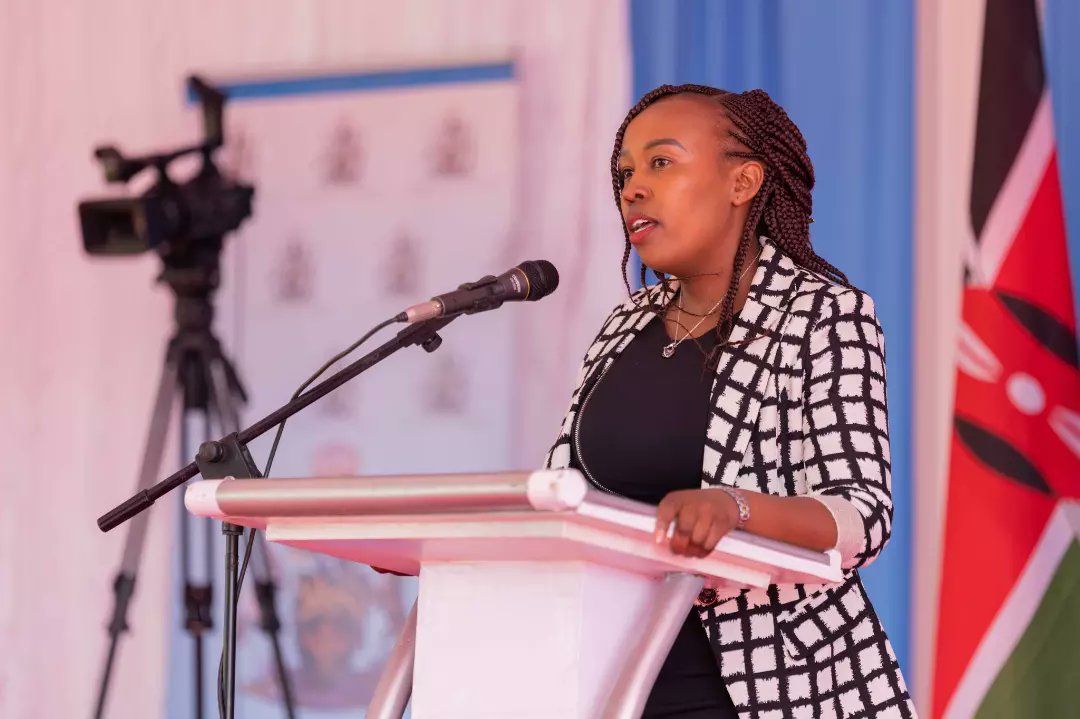
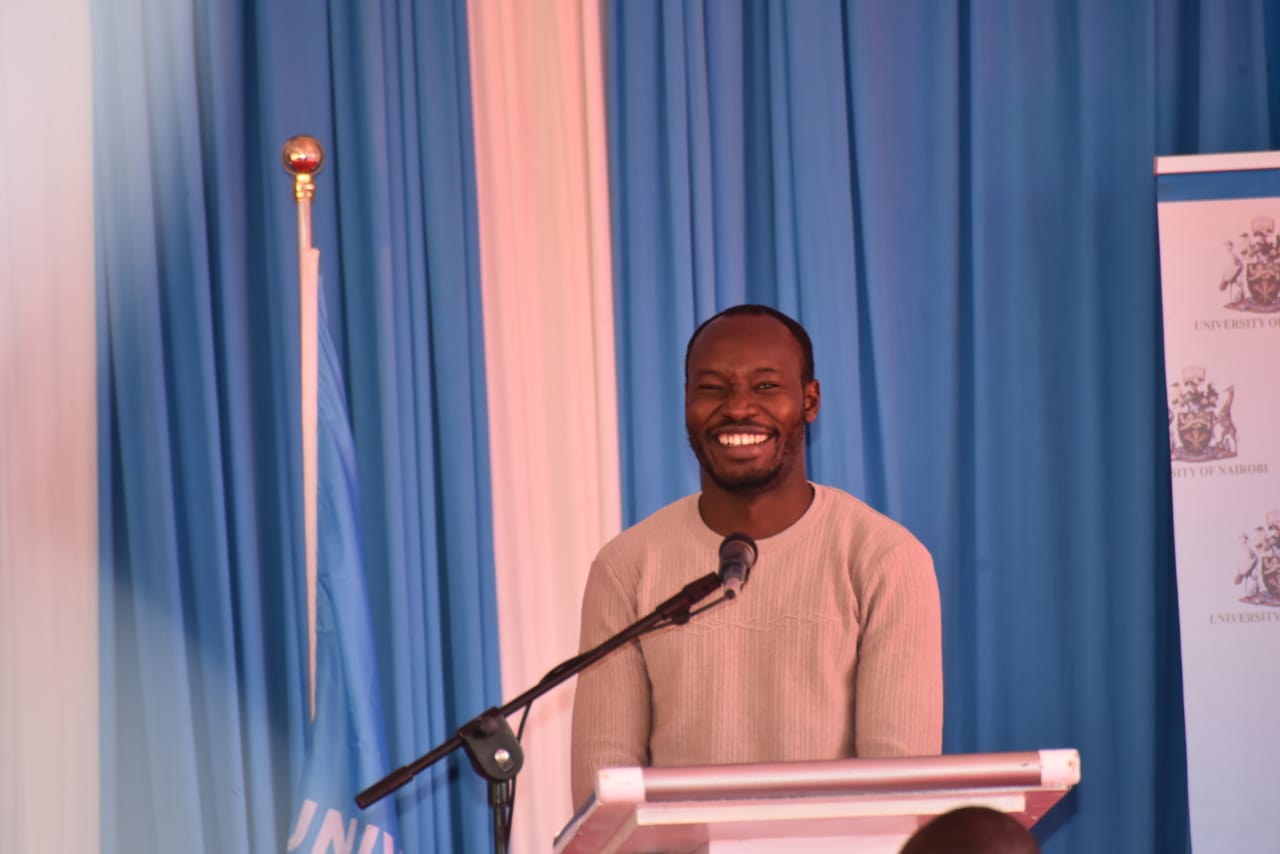
The First Lady also congratulated the Adaptation Consortium, the Kenyan winners of the GCA Local Adaptation Champions Awards Financial Governance category announced at COP27 in Sharm El-Sheikh last month. The Adaptation Consortium design and implement County Climate Change Funds to support pastoral communities to create, access, and use climate finance from varied sources, to reduce their vulnerability to climate change.
Notes to Editors
Locally Led Planning: A Guide for Building Climate Resilience in Urban Informal Settlements is available to download here.
About the YouthADAPT Challenge
The African Youth Adaptation Solutions Challenge (YouthADAPT Challenge) is an annual competition and awards program for youth-led enterprises (50% women-led) jointly organized by the Global Center on Adaptation, the African Development Bank and Climate Investment Funds (CIF) as part of the Africa Adaptation Acceleration Program YouthADAPT flagship pillar. The challenge seeks to boost sustainable job creation through support for entrepreneurship and youth-led innovation in climate change adaptation and resilience across Africa. The competition invites young entrepreneurs and Micro, Small, and Medium-sized Enterprises in Africa to submit innovative solutions and business ideas that can drive climate change adaptation and resilience with the winners receiving $100,000 in grant funding and 12 months of mentorship and capacity building.
To find out more please visit: https://gca.org/african-youth-adaptation-solutions-challenge/
About the GCA Local Adaptation Champions award
Launched by GCA in 2022, the Local Adaptation Champions Awards spotlight and reward innovative, exemplary, inspiring, and scalable locally led efforts that address the impacts of climate change and build effective climate resilience among the most vulnerable communities, sections of society, and individuals who are at the frontlines of the greatest existential threat faced by humankind. To find out more please visit: https://gca.org/llachampions/
About the Global Center on Adaptation
The Global Center on Adaptation (GCA) is an international organization which works as a solutions broker to accelerate action and support for adaptation solutions, from the international to the local, in partnership with the public and private sector. Founded in 2018, GCA operates from its headquarters in the largest floating office in the world, located in Rotterdam, the Netherlands. GCA has a worldwide network of regional offices in Abidjan, Cote d’Ivoire; Dhaka, Bangladesh and Beijing, China.